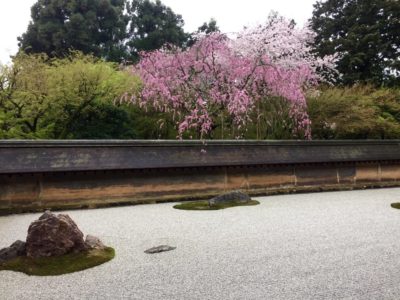
zen
Warning: Undefined property: WP_Error::$name in /home/xb9215/japancitytour.com/public_html/wp-content/plugins/insert-headers-and-footers/includes/class-wpcode-snippet-execute.php(419) : eval()’d code on line 58
Warning: Undefined property: WP_Error::$slug in /home/xb9215/japancitytour.com/public_html/wp-content/plugins/insert-headers-and-footers/includes/class-wpcode-snippet-execute.php(419) : eval()’d code on line 59
Warning: Undefined property: WP_Error::$category_description in /home/xb9215/japancitytour.com/public_html/wp-content/plugins/insert-headers-and-footers/includes/class-wpcode-snippet-execute.php(419) : eval()’d code on line 60
-

Minimalism Glimpsed Everywhere in Japan
Minimalism has been linked with Japanese culture for a long time, and it goes back to even before Zen Buddhism emerged in Japan which made minimalism here to stay. Learn more about minimalism’s history, and how minimalism is alive today in Japan.
-
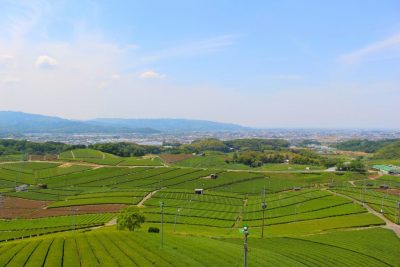
Japanese Green Tea with a Long History and Rich Flavor
Did you know that Japanese tea originated in China, and was then slowly cultivated to different kinds of tea that is still enjoyed throughout Japan and worldwide these days? There are 6 main types of Japanese tea, which differ in leave treatment and harvest time.
-
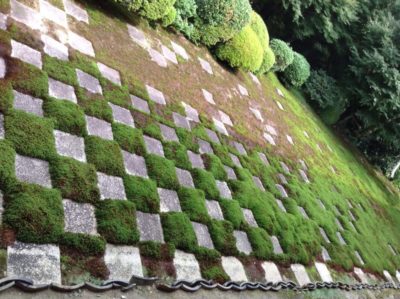
Tofukuji Temple, Kyoto | Beautiful Flowers and Gardens
One of my favorite Zen temples is the Tofukuji temple located in the east of Kyoto city. What makes this temple very special are its magnificent landscapes of maple trees and cherry blossoms.
-
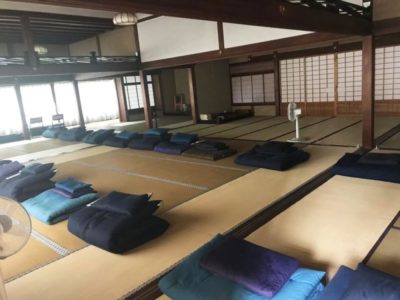
Experience Zen | the Essence of Buddhism in Kyoto
There is a Zen temple in Kyoto called Koshoji, located near Kuramaguchi Station, which is not a typical tourist sightseeing spot. Even though tourists are discouraged from going in, it is an interesting place to visit.
-

Religions unique to Japan
While Japan’s first main religion is Shinto, the second main religion is Buddhism. How did Buddhism come to Japan, and which influence does it have on daily life in Japan?
-
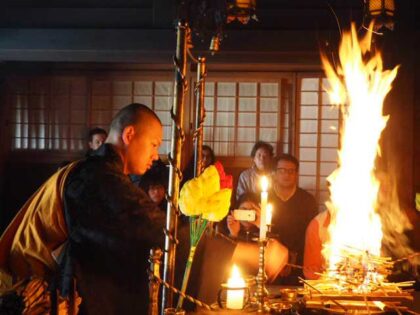
Koyasan with its Gorgeous Architecture and Traditions
Koyasan is a center of Buddhist study and practice, located in the northeastern part of Wakayama Prefecture. It is surrounded by eight low peaks in Koya-Ryujin Quasi-National Park.
-
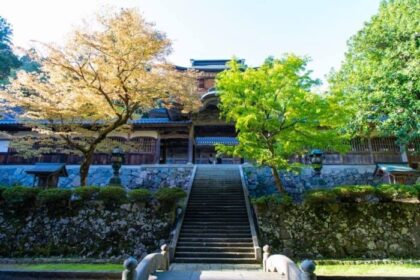
Eiheiji Temple, Fukui | Beautiful natural environment and practicing monks
Eiheiji, ‘The Temple of Eternal Peace’, is one of the two most important temples of the Soto Zen School. It is located deep in the mountains near the northwest coast of Japan, not far from the city of Fukui.
-
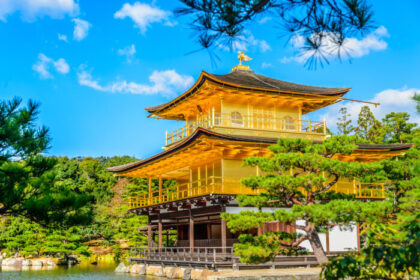
Kinkakuji | The Most Beautiful Buddhist Temple
Kinkakuji was founded in 1397 as a resting villa for the third shogun of the Muromachi era, Ashikaga Yoshimitsu. This shogun asked his son to turn the villa into a Zen temple when he died, and so it happened.
-
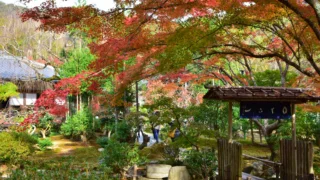
Ryoanji Temple,Kyoto | Beautiful stone garden and a temple where a dragon sleeps
Ryoan-ji is a Zen temple located in Kyoto which was built by a minister of the Ashikaga Shogunate in 1450. The temple is especially famous for its stone landscape garden.
-

Origami | Delicate and beautiful art for everyone to enjoy
Origami is the Japanese art of folding paper without using scissors or glue to create shapes that can be seen as paper sculptures. Learn more about this beautiful art!
-
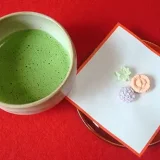
Tea Ceremony Characterized by Beautiful Gestures and Delicate Taste
The Japanese tea ceremony is called Chanoyu, Sado, or simply Ocha. It is a choreographed ritual of preparation and the serving of a type of Japanese green tea called matcha, along with traditional sweets to balance the bitter taste of the tea.
-
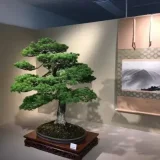
Beautiful Bonsai from Historic Japan
The history of bonsai in Japan goes back to the 13th century, which was a time when Japan was very open to culture imported from China and bonsai was one of the imported art forms. Bonsai is a dwarf tree grown in a porcelain pot, and its purpose is to represent nature through the arrangement…